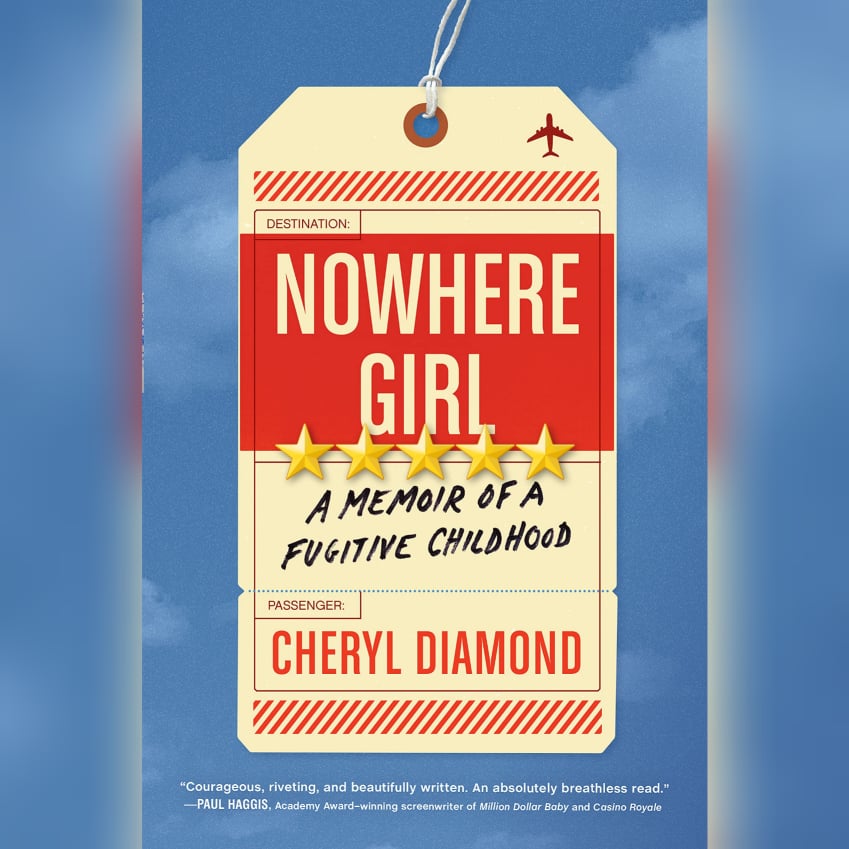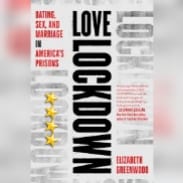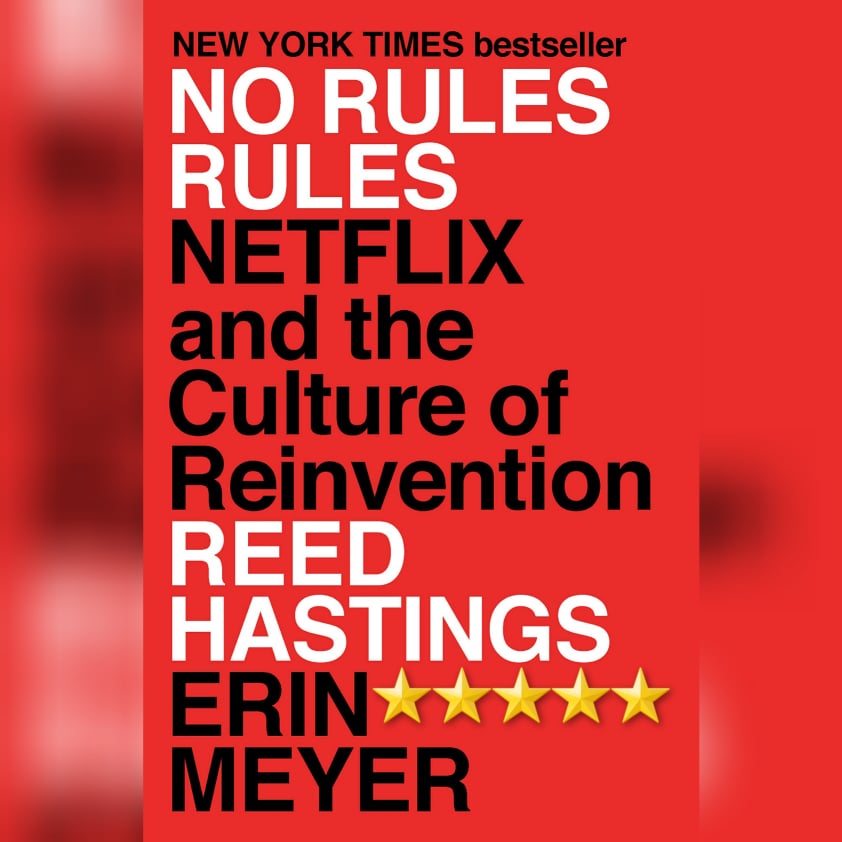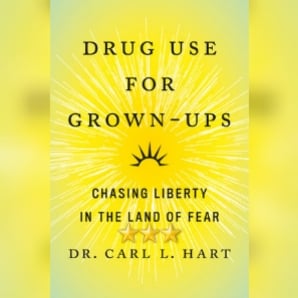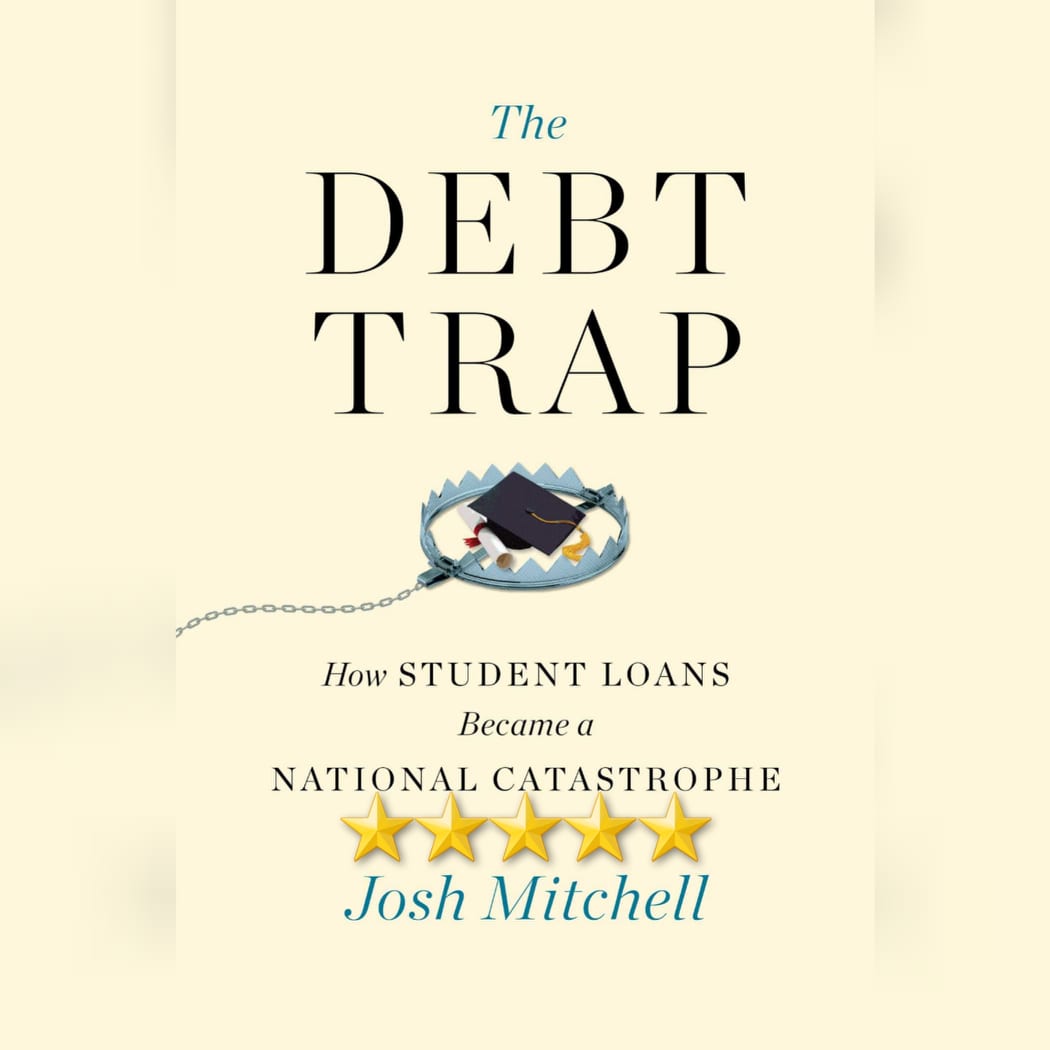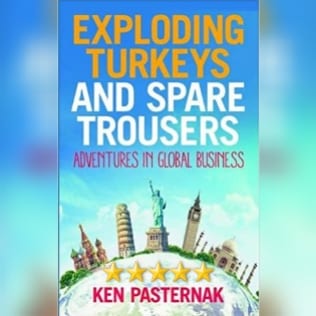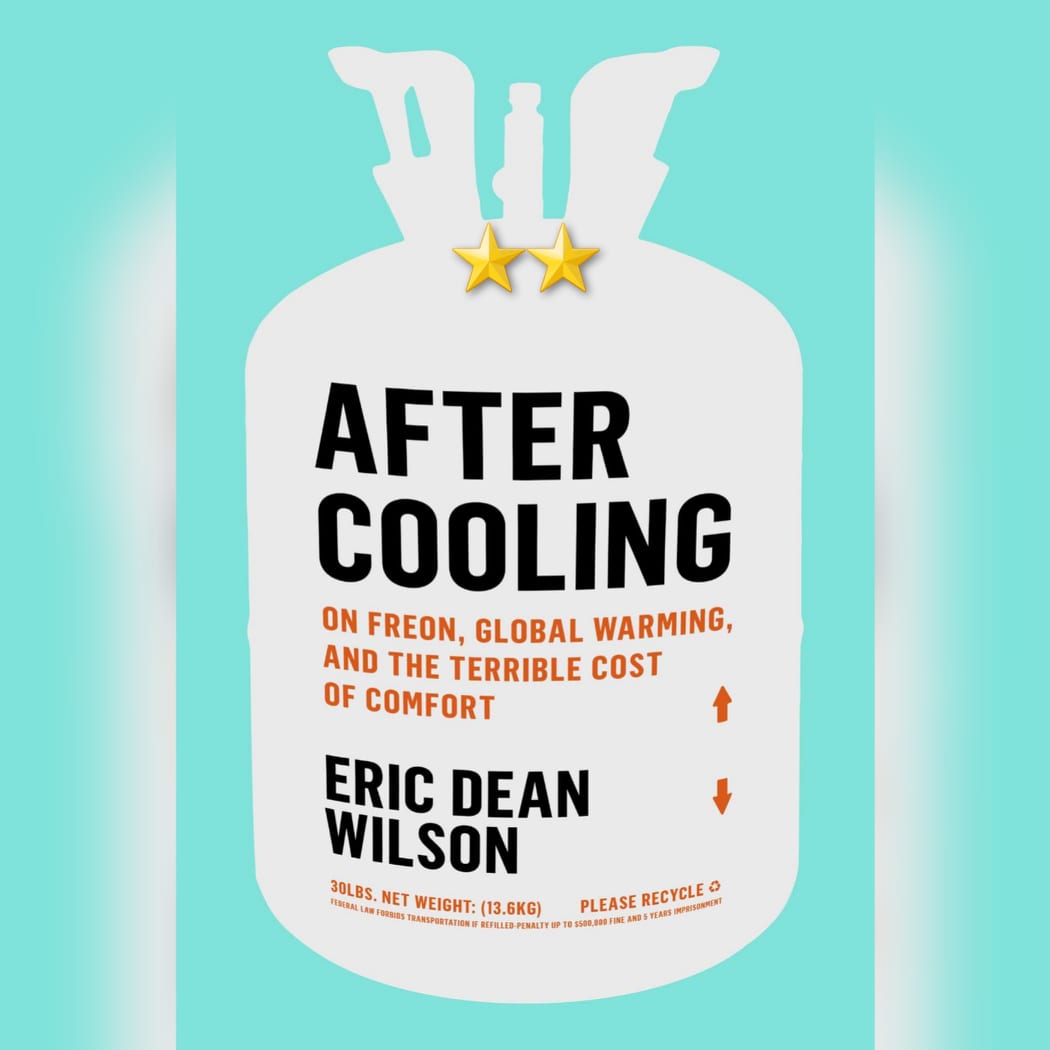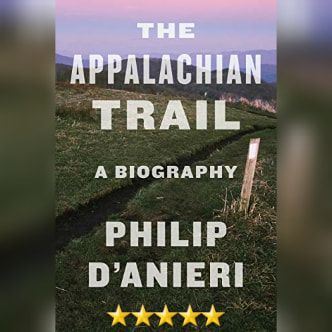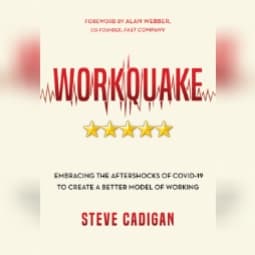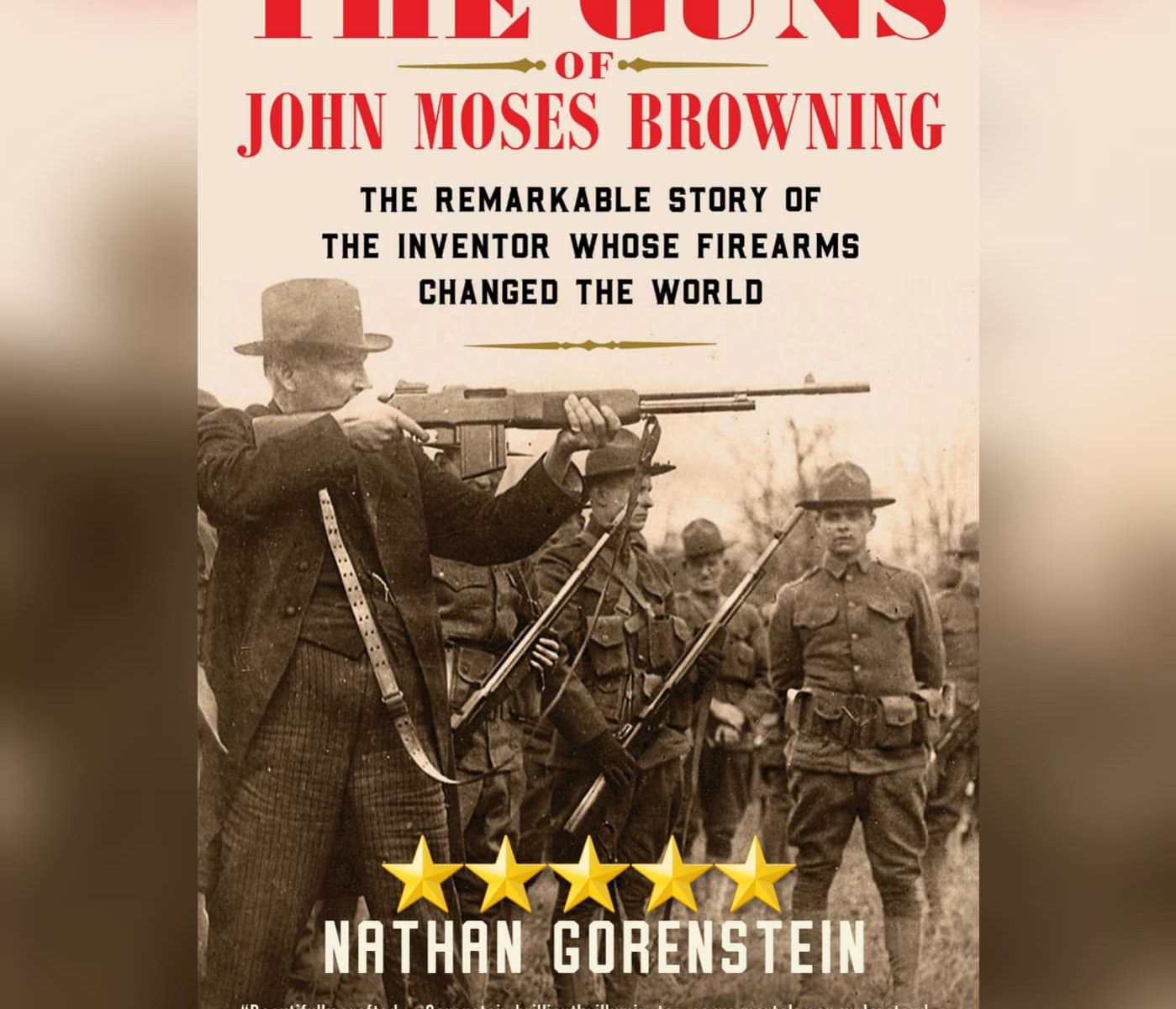Interesting Yet Also Seemingly Retreading Well Known Ideas. I’m not exactly known for reading business type books – which is one reason I wanted to read this one, actually, as it sounded interesting even though it was in more of the “Big Idea for Business” type space. While I tend not to discuss my professional life too much in these reviews, it bears a mention in this particular one, so here’s a very brief synopsis just to know my own background for my further commentary: I’m a mid career software developer that has mostly worked in local small-medium (500-2000 people) companies that were usually owned by a singular person, though I currently find myself as effectively a team lead working with various offshore teams and onshore contractors for a Fortune 50 company with approximately 200K+ people worldwide. I’ve had a couple of somewhat innovative breakthroughs, but for the most part I keep my head down and do whatever needs to be done in my current role.
So when I began reading Cadigan’s commentary about the future of tech being less about individual skills and more about networking – alluding to what I call the “Flight Director Principle” based off “Iron Flight” Paul Dye’s 2020 memoir Shuttle, Houston without ever getting even remotely close to actually naming it, much less naming it as I do here – eh… I can see it, and yet I also see in my own looking/ recruitments (in large part based on the very network Cadigan helped lead at one point) I also see quite a bit of employers – perhaps just in the areas/ jobs I’m looking? – still demanding specific technologies and specific amounts of experience with them. But perhaps Cadigan, presumably with a better sense of the pulse of business generally, has better insight there than I do as more of a grunt on the verge of being a low level leader.
Overall his ideas are certainly intriguing, and absolutely worth considering, one simply wonders, based on the text at hand, whether Cadigan is simply pushing change for change’s sake and taking the safe bet that change is always inevitable, or if he truly has specific – unnamed – change strategies. Cadigan here emphasizes adaptability for both the employee and the employer, which while valid, is still a safe and typical recommendation – if you don’t know the need to be adaptable, you’re probably going to quickly find yourself stuck, on whichever side of the hiring process you find yourself.
And this is my argument that his central theses here are mostly retreads of well known ideas. At least in my own experience in this industry even at the levels I’ve seen it, most of this stuff is well known, even if the particular anecdotes and case studies he uses aren’t always. And yet, this is still absolutely a worthy book to read and consider, because despite the well known general ideas, Cadigan does present a few scenarios and specifics that are interesting to consider and, I can say, many companies *need* to consider. Will the future of employment truly look as Cadigan forecasts here? We don’t have enough data at this time to know. But as this is a fairly short book at less than 200 pages of actual narrative, the time investment here is minimal and the rewards could range from minimal to quite substantial – and thus the risk/reward calculation says you really lose more from not reading this book and losing out on some valuable insight than you lose in time if you don’t really gain any new insight. Recommended.
Note: As this review was written on May 25, 2021, and the book doesn’t publish until August 3, 2021, yes, of course, this is an advance reader copy which in this case was obtained via NetGalley.
This review of Workquake by Steve Cadigan was originally written on May 25, 2021.

